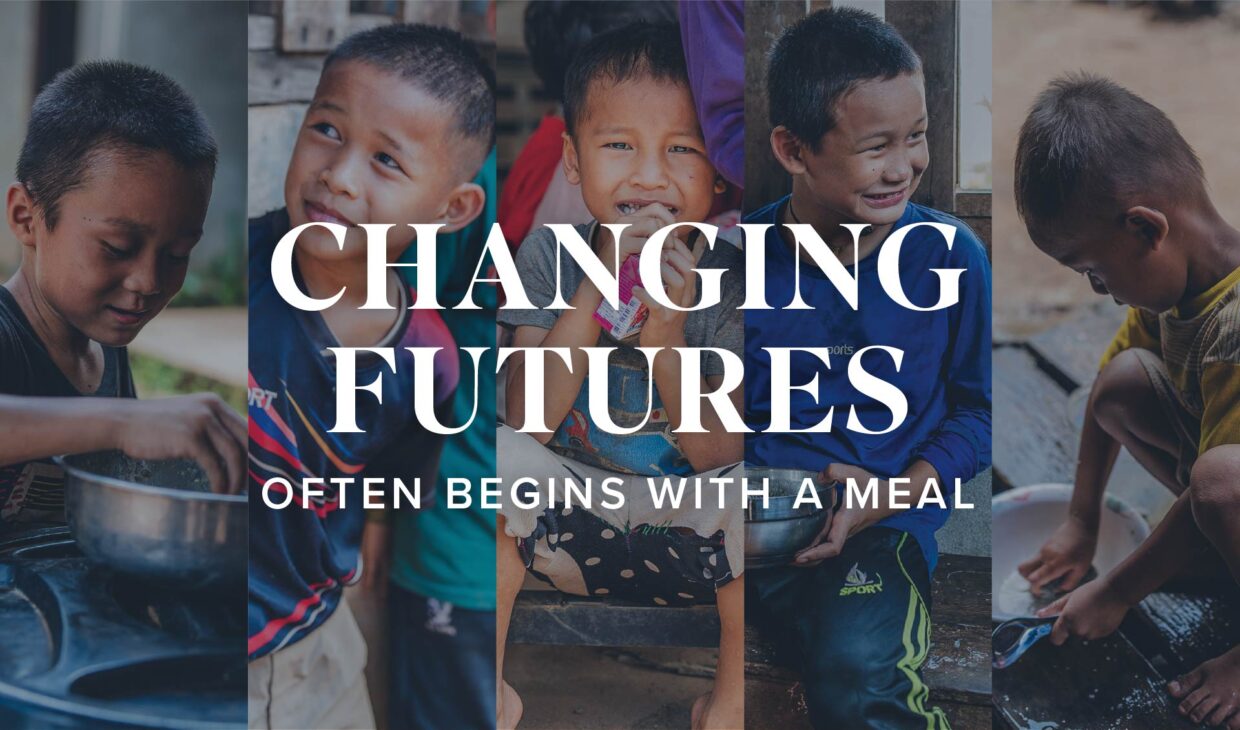Before arriving at our partnering children’s home in Myanmar, eight 8-to-12-year-old boys were forced to flee natural disasters and violent military conflict.
First, a landslide destroyed their entire village, leaving their families with no choice but to join a displacement camp. Next, the violent military conflict constantly threatened them, forcing them to flee continually.
While on the move, these boys felt immense pressure to provide for their families. Otherwise, they would starve. So whenever they could, these boys worked on nearby opium farms–at risk of their own health–to earn money for food.
Why opium farms? According to UNODC, opium production has increased in Myanmar since the military coup in 2021. This recent spike reverses the previous downward trends over nearly a decade.
Working on the expanding opium farms has become a tempting way for those affected by the civil war to survive. That’s because the wages are slightly higher than other field workers, and opium fields are becoming more and more prevalent in Myanmar.
Yet this work comes with dire risks. Unintentional addiction has grabbed so many field workers, including youth and children. And it continues to destroy many of their lives, even claiming some of them.
Thankfully, these eight boys recently arrived at our partnering children’s home in Myanmar. They no longer have to flee or work to survive. Instead, they can receive loving care, eat nutritious meals, and continue their education.
Because of our tenacious partners and generous donors, children in Myanmar with similar stories can find relief, healing, and hope. Yet our work is far from over. Millions of refugees and internally displaced people continue to flee the military violence and their homes.
